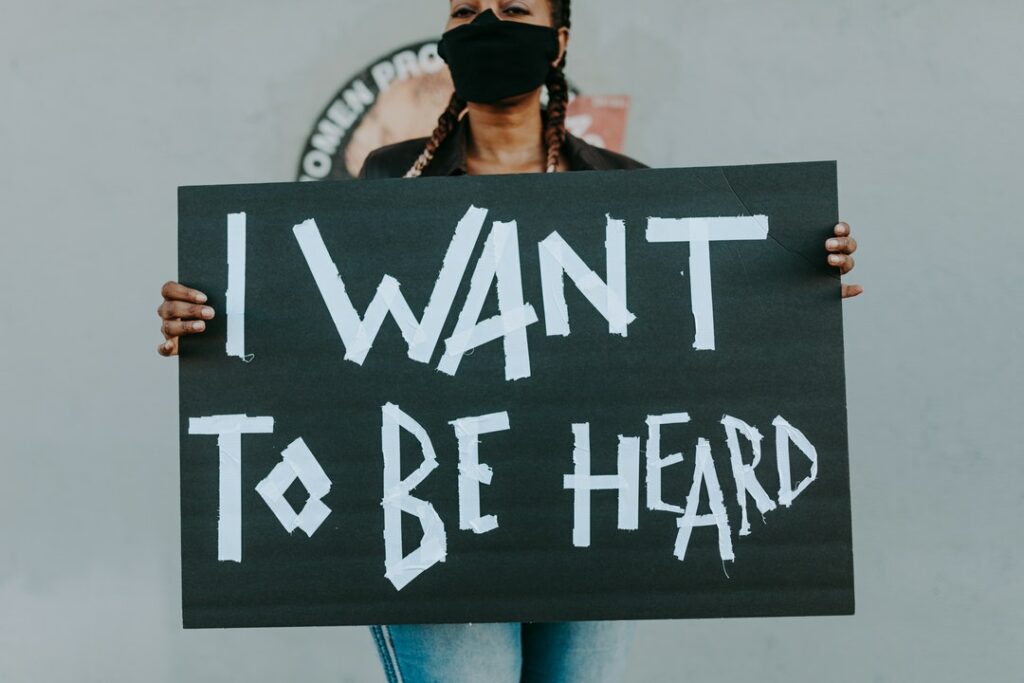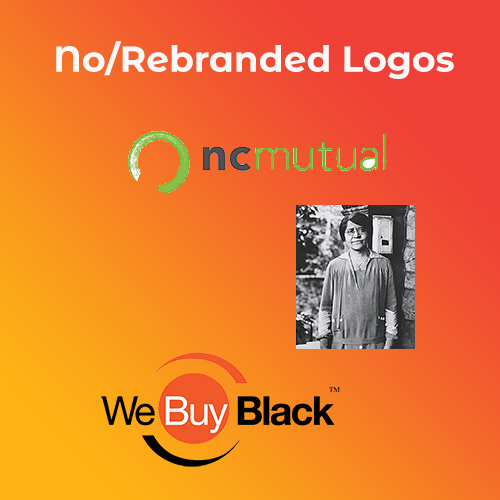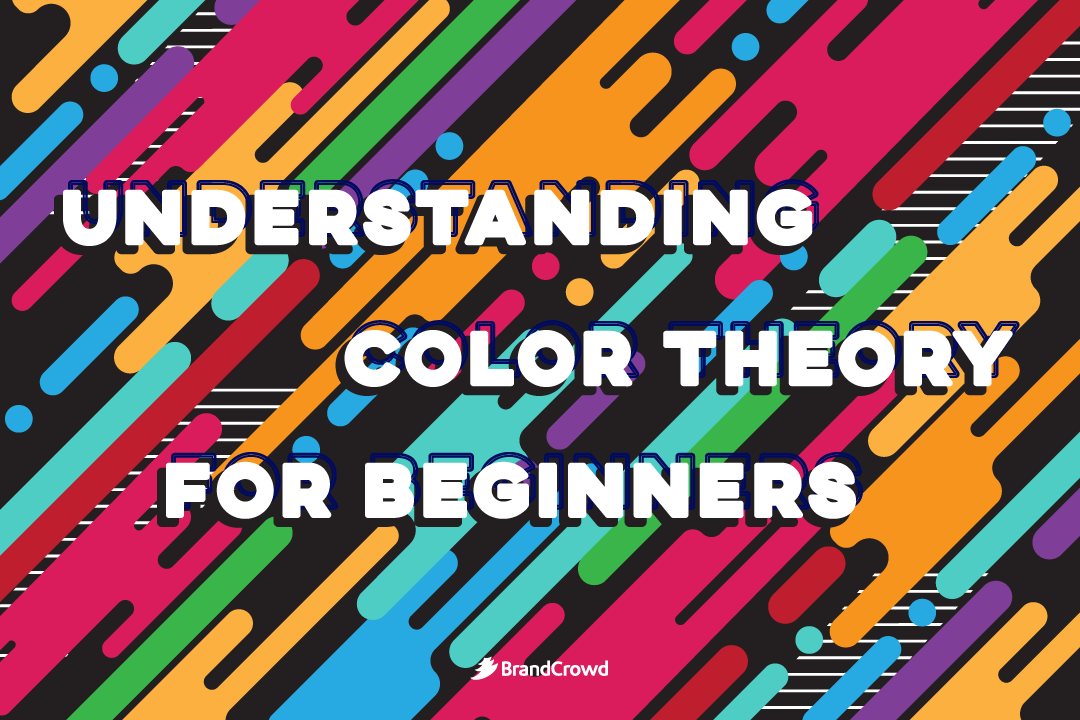A Toast to Black History Month
We know that racism is a huge global issue. In the USA, for instance, African Americans have often found themselves at the tight end of police violence, social inequality, incarceration, and wide pay disparity. This reason is why we want to give a toast to black history month.
Sadly, racism and discrimination are a worldwide phenomenon. Systemic racism against black people is adamant, pervasive, and dangerous.
Here on BrandCrowd, we stand with organizations worldwide that advocate for better treatment of black people. That’s why we’re with you in celebrating Black History Month.
We refuse to turn a blind eye to the historical atrocities done by colonialists and the cultural majority to the predominantly black people and culture. We cannot move forward into a positive future by just sweeping the deadly history under the rug.
A Toast to Black History

Let’s unravel a long history of abuse and mistreatment and learn from them. And since we’re a graphic design company, we’ll pay homage to this month by featuring businesses you may support to celebrate this month as well.
Alright, with that aside, let’s get into the deeper stuff for Black History Month. It started in 1915–a century after the 13th Amendment shattered societal norms of slavery in the United States.
The 13th Amendment paved the way for America to progress in its human rights movement. The concept of slavery came with colonizers that saw people of color as inferior to them.
However, Michael Guasco, a history professor, and many other historians contend that emphasizing 1619 as the starting point of Black History negates and underwhelms the past 100 years of slave trading cruelty.
Thus, let’s get to know the actual progression of events before the 13th Amendment.
You must understand that African-American people’s view is tainted with the belief that they are inferior and used as free labor. They weren’t seen as Americans but as enslaved people–best fit to serve as laborers.
Even before 1619, Africans aided in the rise and preservation of colonies in America and the New World. And we can’t better discuss Black History without the origins of slavery itself.
The first instance of the slave trade was when the Portuguese captured 12 Africans and brought them to Portugal—not of their free will. All for cheap labor, our fellow humans were enslaved by powerful nations.
Ancestral African-Americans in the USA fought against colonization and slavery of their fellow people, but by the 1500s, numerous slave traders had exported enslaved Africans into America.
The first documented account of slavery in America was in August of 1619. The Virginian colonist John Rolfe stated that 20 and odd Africans were aboard their White Lion, their ship.
Sold as victuals, food provision, the Africans settled in Jamestown upon their arrival. Governor Sir George Yeardley bought most of the captives in Jamestown, one of the focal points of Black History curricula.
Thanks to Abraham Lincoln’s emancipation proclamation states that every person’s civil right in the country deserved equal rights.
Despite wavering multiple times, Lincoln cemented his decision to abolish slavery because America needed extra hands during the Civil war.
However, Abraham would not see the fruition of his work as his assassination ensued on April 14, 1865.
A year later, when the civil rights act of 1866 passed, they added provisions that nullified the black codes that forced people of color to be dependent on former owners.
Association for the Study of Negro Life and History (ASNLH) became the brainchild of Carter G. Woodson and minister Jesse E. Moorland. ASNLH is an essential organization because they dedicated their work to promoting people of color’s achievements.
Without this organization, we wouldn’t have the week that kick-started Black History Month. The Association for the Study of African American Life and History (ASALH) created an event named Negro History week.
Thus, the announcement of the celebration of Negro History week every second week of February became law. It paralleled with the birthdays of Abraham Lincoln, the proponent of the 13th Amendment, and Frederick Douglass, activist, author, and public speaker.
Finally, President Gerald Ford declared February as Black History Month. He said to “seize the opportunity to honor the too-often neglected accomplishments of Black Americans in every area of endeavor throughout our history.”
And there you have it, a long history of oppression and slavery, and here we are. Slavery was a huge part of history and proved that we, as humans, can change and will not let others feel oppression.
May we celebrate this month with joy and understanding. Now, let’s look at businesses we can look up to for inspiration for design, products, and services.
Businesses We Adore

Let’s pay homage to these businesses that have risen above the old societal norms and aced through every hardship that society had to offer.
We’ll be featuring around six businesses. There are three notable businesses from before the 21st century and three during the 21st century. Thus, let’s appreciate each company together.
- North Carolina Mutual Life Insurance Company (NCMLIC)
Not many insurance companies wanted to serve the Black people despite the 13th amendment already being implemented. Thus, NCMLIC lived by the “determination to serve the underserved.” By Spaulding’s death, the business’s net worth was $40 million and still serves today’s people.
- Grocery Empire
Even before the abolition of slavery, Samuel T Wilcox was already making his people proud. He erected the grocery empire, Soul Food Market, which sells premium dried fruits, hams, soaps, pickled items, and more. And it has a net worth of $4 million in today’s money.
- Hair and Beauty Industry
Here is a woman who traversed through the challenging waters of facing racism and sexism head-on. She cared about women’s health and wanted to provide women with quality hair products that didn’t cause too much damage to their hair.
Sounds like Madam CJ Walker, noh? But before her, Annie Turnbo Malone created the formula to give just that. She catered to black women and had her story intertwined with Madam CJ Walker and a proponent of the 19th-century hair and beauty industry.

Notice that each of the three businesses above doesn’t have a logo or has rebranded. They changed with the times as society advanced.
- Henry Face Masks
Henry Face Masks is Patrick Henry’s creation, a famous black fashion designer. He’s the CEO of Richfresh and the pioneer of Henry Face Masks. The latter is a subscription-based mask service that sends you a 2-Pack or 4-Pack mask based on your design, color, and interests.
- Gymwrap
Business by Nicole Ari Parker, a model, and actress, Gymwrap allows comfort with their sweatbands and sweat gear to aid in your workout. Aside from that, money from the business goes to the Kodjoe Family Foundation, which supports health and wellness in multicultural communities.
- Goodee
An online marketplace that allows you to buy items from black-owned brands that impacted society. How? Each of the materials from these stores at recycled and natural materials. Montreal brothers Byron, and Dexter Peart, created Goodee to battle “throw-away and trend dependent culture.”

And these last three have wordmarks and a logo with a letter logo with negative space (Gymwrap).
Celebrate and Educate!

That concludes our discussion on Black History today! Make sure you check out the businesses above and understand that black history is rooted in slavery which is unethical on so many levels.
Here at BrandCrowd, we want to educate and support the purpose behind Black History Month. We stand with our black compatriots and want you to learn from their businesses.
We offer design logo services that’ll help you grab your customers’ attention on all occasions. Just choose a template from our 75,000+ library and save your logo today.
Again, Happy Black History Month!



